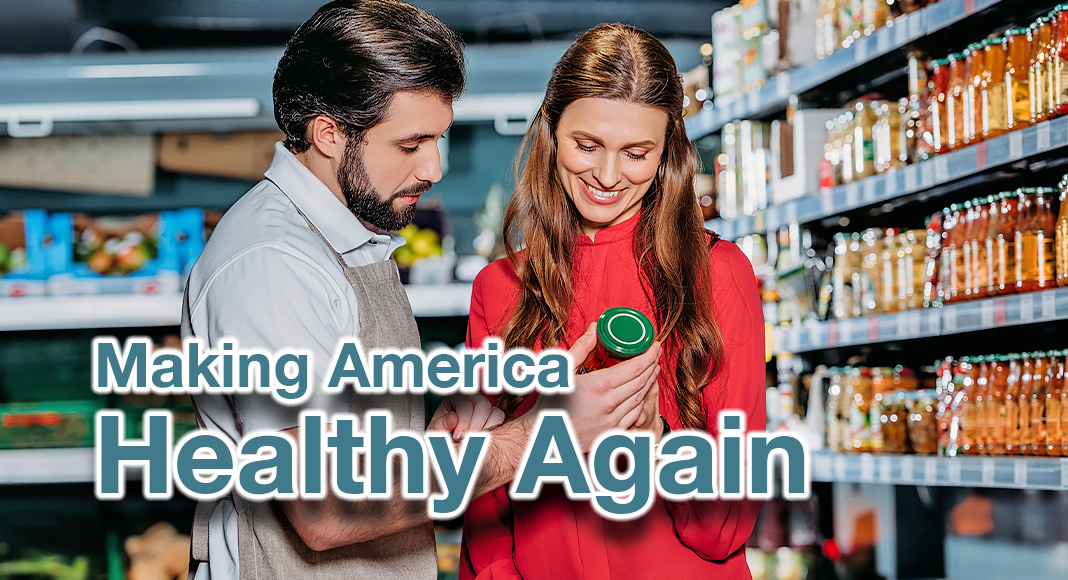
Mega Doctor News
The U.S. Department of Health and Human Services and U.S. Food and Drug Administration (FDA) announced a series of new measures to phase out all petroleum-based synthetic dyes from the nation’s food supply—a significant milestone in the administration’s broader initiative to Make America Healthy Again.
The FDA is taking the following actions:
- Establishing a national standard and timeline for the food industry to transition from petrochemical-based dyes to natural alternatives.
- Initiating the process to revoke authorization for two synthetic food colorings—Citrus Red No. 2 and Orange B—within the coming months.
- Working with industry to eliminate six remaining synthetic dyes—FD&C Green No. 3, FD&C Red No. 40, FD&C Yellow No. 5, FD&C Yellow No. 6, FD&C Blue No. 1, and FD&C Blue No. 2—from the food supply by the end of next year.
- Authorizing four new natural color additives in the coming weeks, while also accelerating the review and approval of others.
- Partnering with the National Institutes of Health (NIH) to conduct comprehensive research on how food additives impact children’s health and development.
- Requesting food companies to remove FD&C Red No. 3 sooner than the 2027-2028 deadline previously required.
“For too long, some food producers have been feeding Americans petroleum-based chemicals without their knowledge or consent,” said HHS Secretary Robert F. Kennedy, Jr. “These poisonous compounds offer no nutritional benefit and pose real, measurable dangers to our children’s health and development. That era is coming to an end. We’re restoring gold-standard science, applying common sense, and beginning to earn back the public’s trust. And we’re doing it by working with industry to get these toxic dyes out of the foods our families eat every day.”
The FDA is fast-tracking the review of calcium phosphate, Galdieria extract blue, gardenia blue, butterfly pea flower extract, and other natural alternatives to synthetic food dyes. The agency is also taking steps to issue guidance and provide regulatory flexibilities to industries.
“Today, the FDA is asking food companies to substitute petrochemical dyes with natural ingredients for American children as they already do in Europe and Canada,” said FDA Commissioner Marty Makary, MD, MPH. “We have a new epidemic of childhood diabetes, obesity, depression, and ADHD. Given the growing concerns of doctors and parents about the potential role of petroleum-based food dyes, we should not be taking risks and do everything possible to safeguard the health of our children.”
In partnership with the NIH Nutrition Regulatory Science and Research Program, the FDA will enhance nutrition and food-related research to better inform regulatory decisions. This collaboration will strengthen the FDA’s ability to develop evidence-based food policies, support a healthier America, and advance the priorities of the Make America Healthy Again Commission.
The FDA, an agency within the U.S. Department of Health and Human Services, protects the public health by assuring the safety, effectiveness, and security of human and veterinary drugs, vaccines and other biological products for human use, and medical devices. The agency also is responsible for the safety and security of our nation’s food supply, cosmetics, dietary supplements, radiation-emitting electronic products, and for regulating tobacco products.
Information Source: fda.gov










